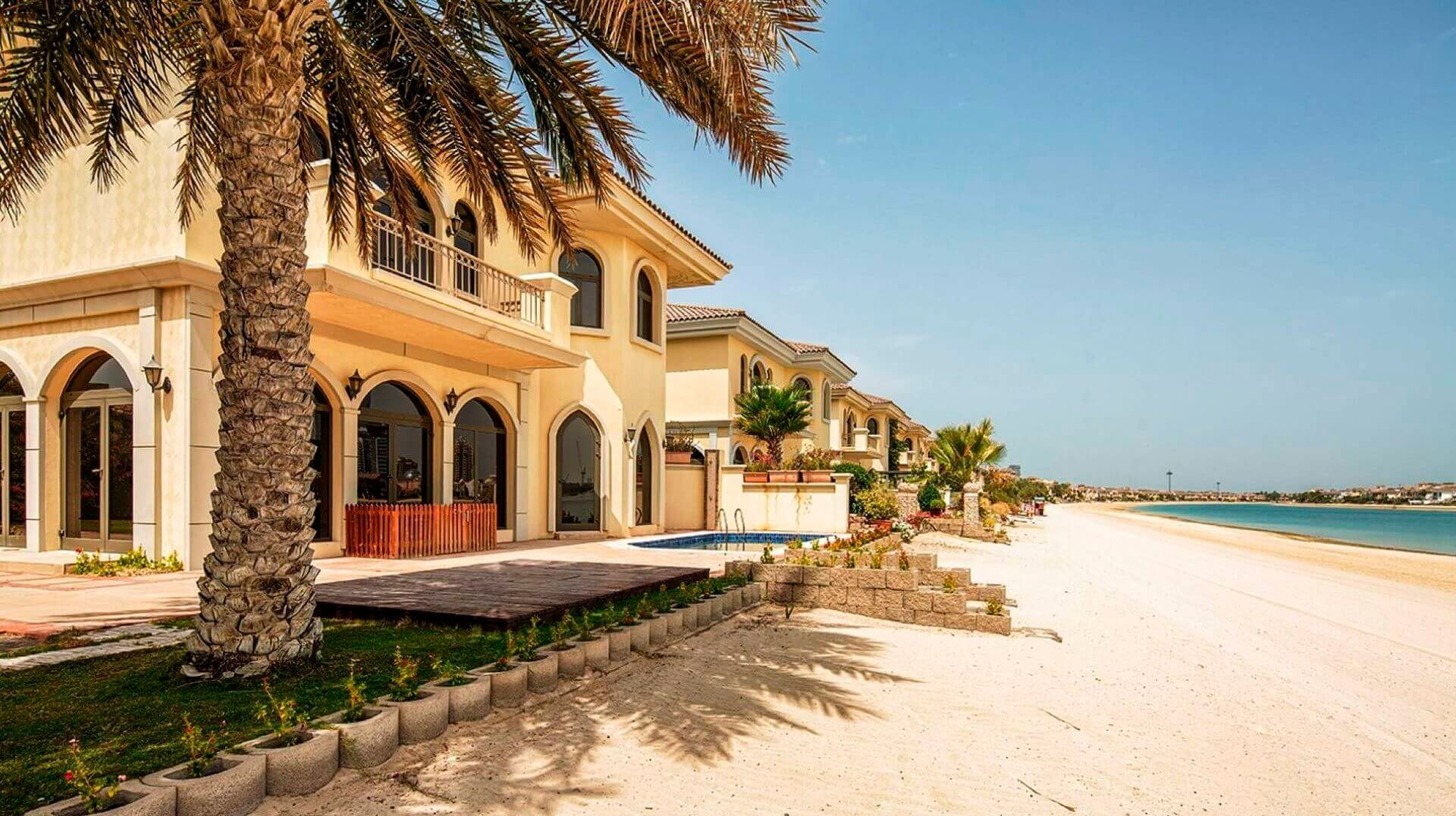Real estate presents a complex landscape, but widening your search can significantly increase your chances of finding lucrative opportunities. Diversifying your investments beyond a single market and exploring new countries with high rental yields can be a strategic move.
To assist in pinpointing markets offering the most attractive investment returns, we have curated a list of the best countries where foreigners can purchase properties. This blog will introduce you to innovative strategies for venturing into the real estate market.
Why Invest in Other Countries
The exchange rate of the local currency significantly impacts the sales price in US dollars for real estate acquisitions made in a foreign currency. Benefiting from a favorable currency exchange, your capital budget can stretch further. Moreover, the economic conditions in many countries result in lower real estate costs than in others. Therefore, investing in property abroad is financially advantageous for you.
Additional Income
Renting out your foreign property, whether short- or long-term, can create a steady income stream. This income can help cover the property’s ongoing expenses or contribute to local currency savings while offering the benefit of a second home.
Although net yields in Europe tend to be lower, locations popular with tourists can yield double-digit profits. For instance, a small beachfront property in Northern Cyprus can be acquired for under $100,000 and generate a net return exceeding 10%.
Overseas Property Allows For Low-Cost Vacations
Investing in real estate overseas is a strategic move, particularly in a destination where you envision spending time. This venture can double as a retirement strategy; your current investment could be your future retirement haven, providing rental income until you’re ready to relocate.
Additionally, living in many sought-after global locations might be more affordable than in your home country. For instance, staying in your vacation property could lead to savings on winter heating costs.

Diversification And Risk Reduction
Diversification plays a crucial role in the real estate sector, safeguarding against economic downturns or political turbulence within one’s home country. By venturing into international markets, investors can mitigate the potential depreciation of their property values in the face of an economic slump.
Investing in foreign real estate diversifies market risk and reduces exposure to exchange rate fluctuations. For instance, while the US housing market may be nearing a recession, real estate markets in other countries could flourish. So, which countries make for promising real estate investments?
Turkiye Spanning the Bosphorus Strait, Turkey forms a unique bridge between Asia and Europe. Its thriving economy and diverse real estate options make it an attractive goal for international property investors. In 2012, the government made accessing the Turkish property market easier for foreign investors.
With rental yields reaching up to 6% annually during peak seasons, Turkey appeals to those investing in luxury properties or considering rental investments in prime locations such as Kalkan, Bodrum, Fethiye, and Antalya.
UAE Considering a luxury investment? The UAE real estate market, particularly Dubai, is worth exploring. The UAE is renowned for its prestigious buildings and skyscrapers, making it a prime location for luxury properties. These properties are a haven for investors, maintaining their value even in economic downturns, not to mention the potential for higher rental yields. The country’s exceptional infrastructure adds to its appeal for businesses and families alike.
- Additionally, the UAE’s tax-free income policy enhances the comfort of living there. Dubai, in individual, offers a wide array of housing options. The most sought-after locations for buying apartments in Dubai include Top developments in Palm Jumeirah or Dubai Marina, Downtown Dubai, and International City.
- Uruguay Uruguay openly embraces international investment, allowing unrestricted land ownership to foreigners and citizens, adhering to the same legal processes. Nestled between Brazil and Argentina, this peaceful South American nation is untouched by armed conflict. Despite its small size, Uruguay is remarkably self-sufficient, ensuring that global economic downturns have minimal impact.




